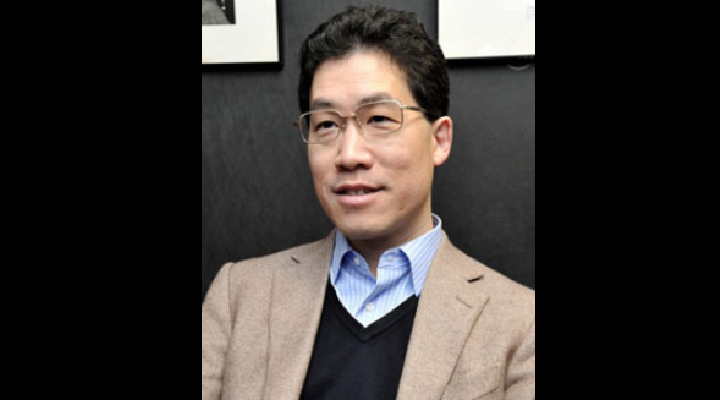William Saito was born in a quiet suburb in the Midwest, where he was the youngest of three siblings in a family that valued education and hard work. His father was a diligent engineer, and his mother worked part-time as a librarian, nurturing William’s love for stories and exploration. From an early age, William exhibited an insatiable curiosity, often disassembling household gadgets to understand their inner workings, much to his parents’ chagrin.
Youth
By the time William entered middle school, his knack for problem-solving was evident. He excelled in science fairs, often dazzling judges with projects that were far beyond his years. One such project involved creating a basic weather-monitoring system using repurposed electronics. Teachers quickly noticed his aptitude, often remarking that William Saito was destined for great things.
High school became a proving ground for his potential. William balanced rigorous academic schedules with extracurricular activities, particularly his role as captain of the robotics club. Under his leadership, the team won state-level championships two years in a row. But it wasn’t all smooth sailing—his relentless drive often caused friction with peers who felt overshadowed by his intensity. Over time, however, William learned the value of collaboration, a lesson he would carry into adulthood.
It was during his senior year that William discovered a love for coding. Self-taught and fueled by countless late nights, he built a small app that helped students manage homework deadlines. The app gained modest popularity within his school, igniting a dream to create technologies that improved people’s lives. By the time he graduated, William Saito had a clear goal: to use his talents to make a difference.
Work
After completing his degree in computer science, William embarked on an unconventional career path. He eschewed the allure of Silicon Valley, choosing instead to work for a grassroots non-profit dedicated to using technology for social good. There, he led a project developing affordable, solar-powered devices for remote villages. William Saito’s innovative solutions earned him recognition, and soon, his work was featured in international conferences.
A turning point came when William founded his own company, focused on creating accessible digital platforms for education. The venture wasn’t without its challenges—funding was tight, and critics doubted the sustainability of his vision. Yet, William persisted, and within five years, the company became a leader in the industry, reaching millions of users globally. His reputation as a pioneer in ethical technology was cemented, and he was sought after as a speaker and advisor for policy initiatives.
Mid-Life Crisis
Despite his professional success, William faced a personal reckoning in his mid-thirties. Burnt out and increasingly disconnected from those around him, he realized he had been so focused on his career that he had neglected his own well-being. Seeking change, William took a six-month sabbatical, traveling to remote parts of the world. In the quietude of rural landscapes and the wisdom of diverse cultures, he rediscovered himself.
The experience inspired a shift in perspective. Returning home, William embraced mindfulness and began mentoring aspiring entrepreneurs, emphasizing the importance of balance in life. He became a vocal advocate for mental health, openly sharing his journey to encourage others to prioritize their inner well-being.
Hobbies
When not working, William devotes time to two favorite hobbies: photography and sailing. Photography became an outlet for his creativity, allowing him to capture the beauty of everyday moments. Whether it was the bustling streets of a foreign city or the serenity of a mountain sunrise, William found joy in preserving life’s fleeting scenes through his lens.

Sailing, on the other hand, offered him peace and challenge. Navigating open waters became a metaphor for his life—facing unpredictable tides while remaining anchored in his values. Weekends often found him at the marina, adjusting sails or teaching his young nieces and nephews how to steer a boat. Both hobbies became integral to his renewed sense of balance, providing an escape from the demands of his professional life.
Wrapup
William Saito’s story is one of resilience and transformation. From a curious boy fascinated by gadgets to a trailblazing entrepreneur, he has navigated the complexities of life with determination and grace. By finding harmony between work, personal growth, and hobbies, William continues to inspire others to pursue their passions while staying grounded in what truly matters.
He has also been named as one of the top 100 most influential people in Japan in 2010.

